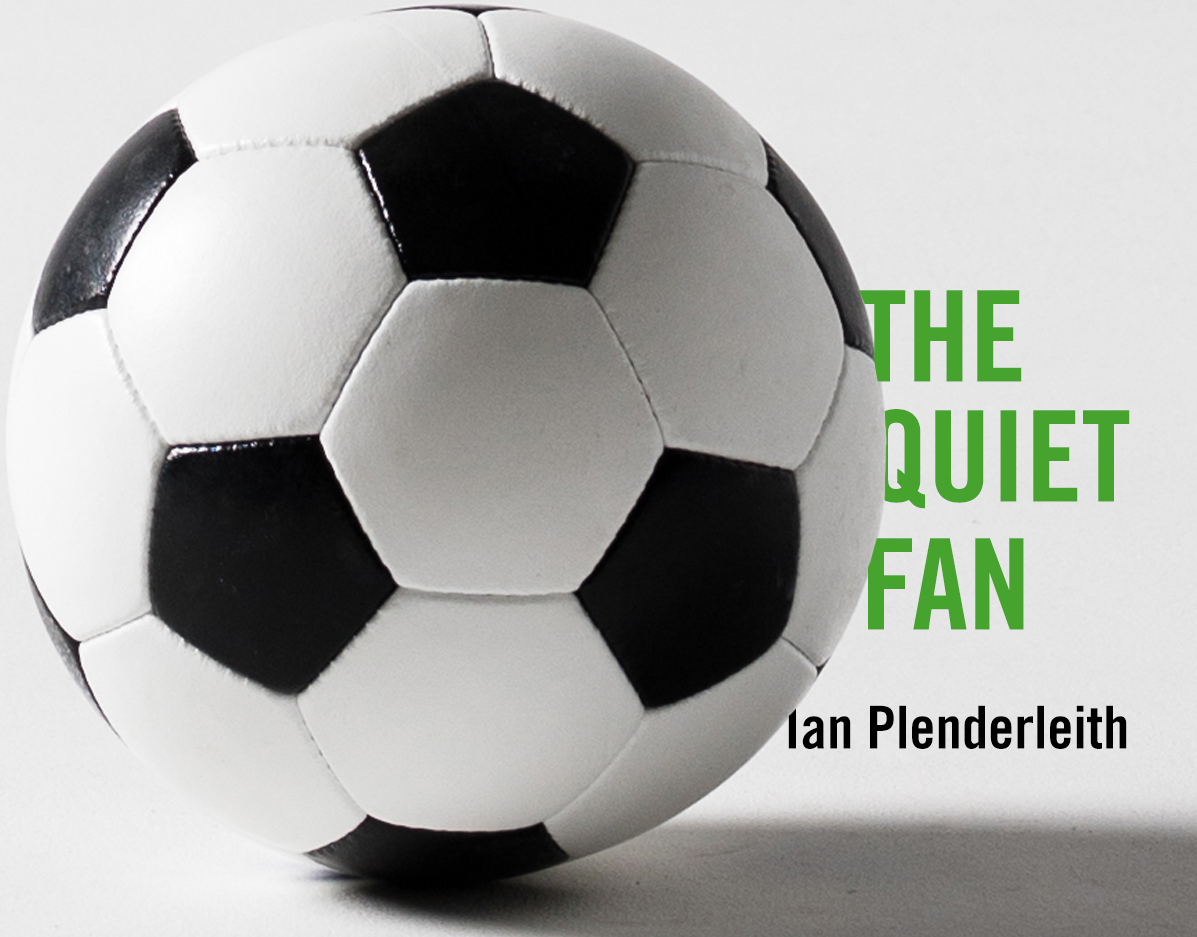 The attempted assassination by assailants
unknown on the Skripal family in Salisbury, England, has prompted the kind of
decisive political action that the Russian annexation of the Crimea, the
country's mass-murderous involvement in bombing Syrian rebels, the suppression
of domestic dissent and gay rights, and its state-sanctioned blanket cheating
at the Sochi 2014 Winter Olympics was unable to provoke. Yes, some countries
will be boycotting the 2018 World Cup.
The attempted assassination by assailants
unknown on the Skripal family in Salisbury, England, has prompted the kind of
decisive political action that the Russian annexation of the Crimea, the
country's mass-murderous involvement in bombing Syrian rebels, the suppression
of domestic dissent and gay rights, and its state-sanctioned blanket cheating
at the Sochi 2014 Winter Olympics was unable to provoke. Yes, some countries
will be boycotting the 2018 World Cup.
Not an actual boycott, though - just a
symbolic one. Rather than withdrawing their teams, countries are apologetically
deciding to keep their official delegations at home. So, politicians on a free
jaunt to watch some football are sacrificing themselves. The retreating refugees
of eastern Ghouta will surely be impressed. And just imagine the hurt of the
Russians when they see that the Icelandic
foreign minister hasn't taken up his seat for the team's opening game against Argentina on June 16th.
foreign minister hasn't taken up his seat for the team's opening game against Argentina on June 16th.
 |
| Cagey B - Russia 2018's cutie cat mascot who'll be keeping a watchful eye on fans - for security reasons, of course! (Illustration - @Urban_Country) |
A short piece in the sports section of
today's Süddeutsche Zeitung, however,
finally broaches the previously uncharted idea of making a boycott worthwhile.
"Completely excluding [team] boycotts is not only strategically
unwise," writes Johannes Aumüller. "It also grants a blank cheque to
all authoritarian states - where sport so frequently stages its big events - to
continue doing whatever they want."
Football, he argues, is theoretically an
innocent pastime, but it's long since been seized by politics. While German FA
president Reinhard Grindel may have recently stated that tournaments are no
place for posing politicians, the reality is that states like Russia exploit
mass events to project a positive image of themselves, externally as well as
internally.
A diplomatic boycott is all well and good,
he continues, but a team boycott would be clearly more effective. If the teams
from all the EU countries boycotted the event, it would be "devalued as a
sporting spectacle, and a major goal of Russia's autocracy would be obsolete -
to stage-manage this four-and-a-half week summer event as Vladimir Putin's
propaganda show."
 |
| Olly G, Russia 2018's cuddly wolverine mascot (Illustration: @Urban_Country) |
The idea of a team boycott, concludes
Aumüller, should not be taboo. Instead, it should be very much on the table. At
Sochi 2014, sport openly schmoozed with Putin, then just days after the event
was over his country illegally occupied the Crimea. Sport supposedly built
international bridges, as the cliché goes, but the Russian President quickly
destroyed them shortly after waving the world off at the airport.
I've already stated that as a fan I won't be watching a single minute of the 2018 World Cup. I fully support the Süddeutsche Zeitung's position that a
sporting boycott of the event should, at the very least, be up for discussion
instead of being dismissed with a glib, "Well, that won't happen." Why shouldn't it? How important does
football think it is that the sport can ignore its hosts' serial breaches of
human rights merely in the interests of playing previously scheduled games?
Check out Russia 2018's super-cute mascots in full here at the World Cup Human Rights blog.

No comments:
Post a Comment